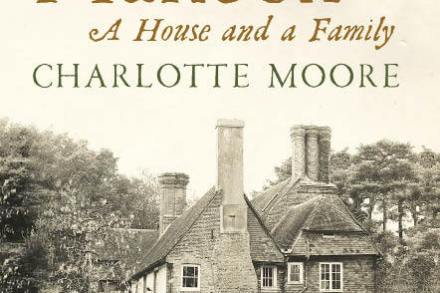Secrets and silences
Charlotte Moore’s family have lived at Hancox on the Sussex Weald for well over a century. Charlotte Moore’s family have lived at Hancox on the Sussex Weald for well over a century. Hancox is a large, rambling house, and the Moores are a family who throw nothing away. Charlotte Moore still cooks on a 1934 Aga. Every drawer and every cupboard bulges with letters, diaries, receipts, even cheque book stubs. Moore has pieced together this chaotic archive to construct the history of her family. It is a complex but riveting story. Hancox was bought in the 1891 by a 23-year old spinster named Milicent Ludlow. Both her parents had died,



















